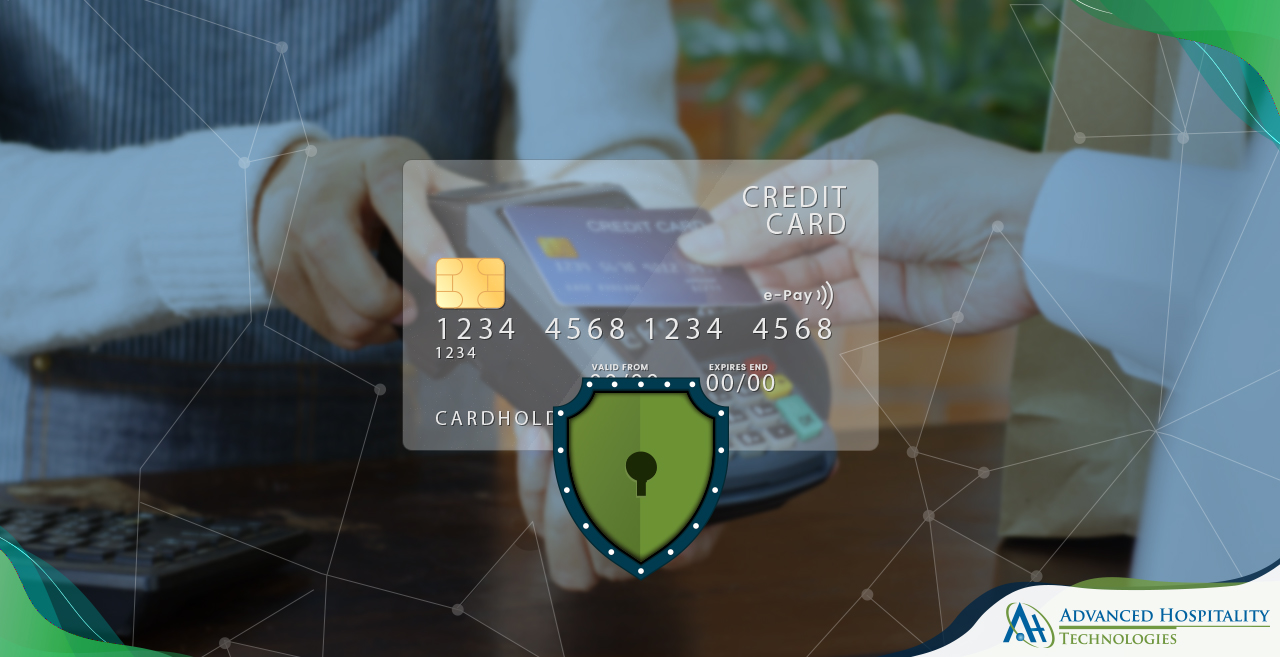In the hospitality industry, ensuring the security of payment processing service is paramount. With the rise of digital transactions and the increasing sophistication of cyber threats, hotels, restaurants, and other establishments must implement robust safety measures to protect both their customers’ sensitive financial information and their own reputations.
In this blog post, we’ll explore essential safety measures that hospitality businesses can take to safeguard their payment processing service environments.
Implement Secure Payment Gateways
One of the first steps in ensuring the safety of payment processing is to implement secure payment gateways. These gateways encrypt sensitive payment data during transmission, preventing unauthorized access or interception by malicious actors. Hospitality businesses should choose reputable payment gateways that comply with industry standards such as PCI DSS (Payment Card Industry Data Security Standard) to safeguard customer information.
Adopt Point-to-Point Encryption (P2PE)
Point-to-Point Encryption (P2PE) is a robust security measure that encrypts payment data at the point of interaction (e.g., card readers) and keeps it encrypted until it reaches the payment processor. By encrypting data throughout the entire transaction process, P2PE significantly reduces the risk of data breaches and protects customer cardholder data from theft or fraud.
Implement Tokenization
Tokenization is another effective security measure that replaces sensitive payment card data with unique tokens. These tokens are meaningless to hackers and can’t be used to make unauthorized transactions. By implementing tokenization, hospitality businesses can minimize the impact of data breaches and enhance the security of their payment processing systems.
Regular Security Audits and Penetration Testing
Regular security audits and penetration testing are essential for identifying vulnerabilities in payment processing systems and addressing them before they can be exploited by cybercriminals. By conducting thorough security assessments, hospitality businesses can proactively identify and mitigate potential security risks, ensuring the integrity and confidentiality of customer payment data.
Employee Training and Awareness
Employees play a crucial role in maintaining the security of payment processing services. Hospitality businesses should provide comprehensive training to staff members on security best practices, including how to identify phishing attempts, avoid social engineering attacks, and follow proper procedures for handling payment data. By raising awareness among employees, businesses can reduce the likelihood of human error and strengthen overall security posture.
Data Encryption and Secure Storage
In addition to encrypting payment data during transmission, hospitality businesses should also encrypt stored payment information to prevent unauthorized access in the event of a data breach. Secure encryption algorithms and robust encryption key management practices should be employed to protect sensitive data at rest, minimizing the risk of data theft or compromise.
Maintain Compliance with Regulatory Standards
Compliance with regulatory standards such as PCI DSS is essential for hospitality businesses that process payment card transactions. By adhering to these standards, businesses demonstrate their commitment to data security and ensure that they meet legal requirements for protecting customer payment information. Regular audits and assessments can help verify compliance and identify areas for improvement.
Conclusion
Safeguarding payment processing services in the hospitality industry requires a multi-faceted approach that encompasses technology, training, and compliance. By implementing robust security measures such as secure payment gateways, encryption, and employee training, hospitality businesses can protect customer payment data, preserve their reputations, and build trust with their guests. Investing in the security of payment processing services is not only a legal and regulatory requirement but also a fundamental aspect of providing a safe and secure experience for customers in the digital age.




